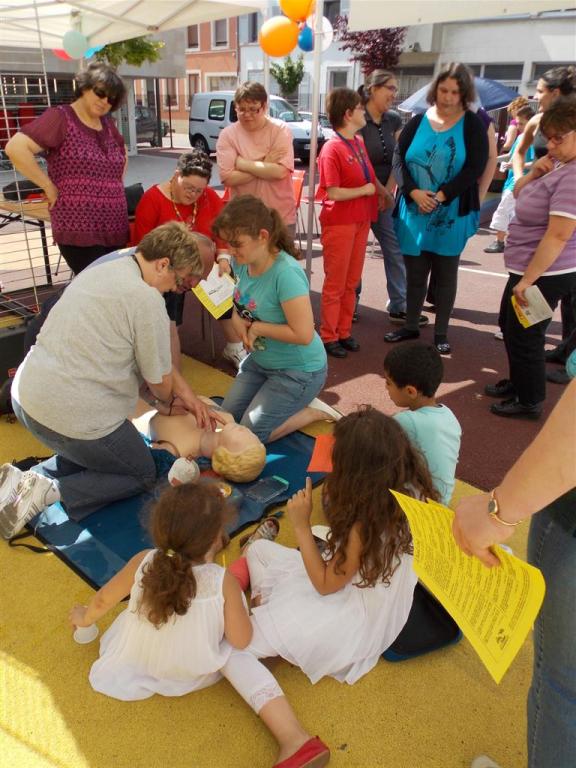Health District Network
Background
City officials noted some time ago that Muljouse's social situation had deteriorated and the health was a majorconcern, particularly in social housing areas. Social inequalities in health are increasing. In 1991, the city joined World Health Organization program "City Health". It later joined national programs and organizations such as the National Healthy Nutrition Program and the Association Public Health and Territory Elected Officials.
Mission
Conventional "top-down" methods may not be enough if we do not act on health determinants and against social inequalities in health. Public participation is essential in order to co-define priorities relevant to residents' expectations to fully understand the issues and challenges they face in their daily life and to find public information relays for actions in regards to health prevention and information. The goal was to implement a community health approach.
Implementation
The city has accompanied the creation of "health groups" in seven districts, which became the Health District Networks. Together they form the Mulhouse Health Network. These networks bring together residents, associations and health professionals who mobilize to improve health and well-being in neighbourhoods by facilitating residents' expression and collectively formulating responses and projects. Each network is independent and is coordinated by a professional in the area. Networks set their own priorities based on the expectations and the needs expressed by neighbourhood residents.
The choice of solutions and projects to support is discussed as part of Health Coordination Mulhouse.
Information exchanges are organized, as well as, sharing practices concerning health and forums, with a view to establishing a network of reciprocal exchange of health knowledge and an increasing involvement of residents as being "co-responsible" for their health.
Meanwhile, a dynamic local health observatory has been implemented to gather information in order to monitor and evaluate the relevance of network actions and the evolution of residents' health status.
Results
Through to the information produced by the District Networks, a diagnosis has been established, which has made it possible to broadly address the health priorities in Mulhouse neighbourhoods and to spearhead other actions that are more in line with the expectations of residents as well as actions supported by each neighbourhoods's District Networks.

